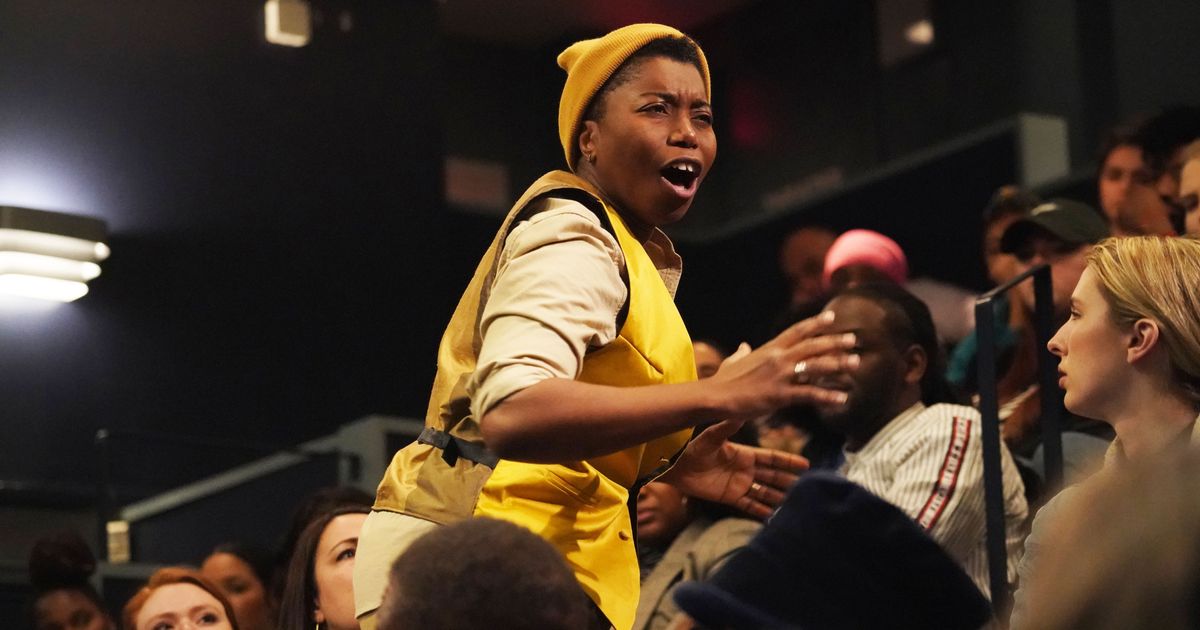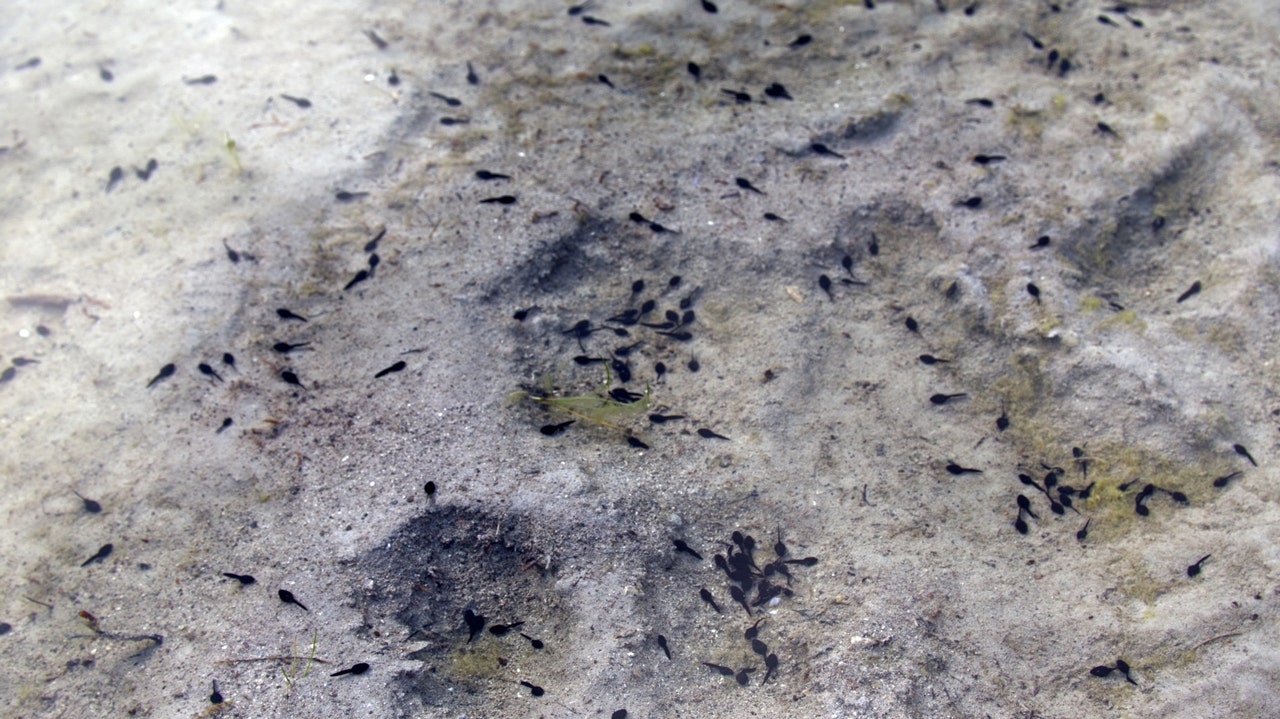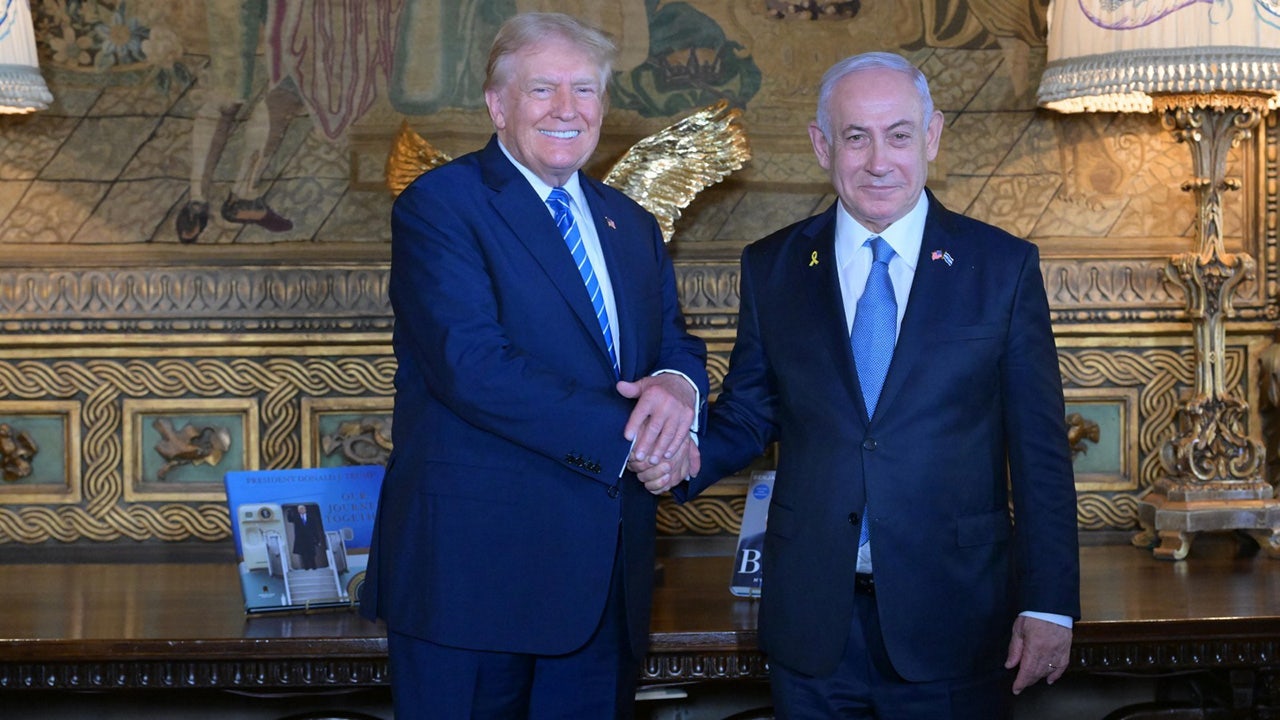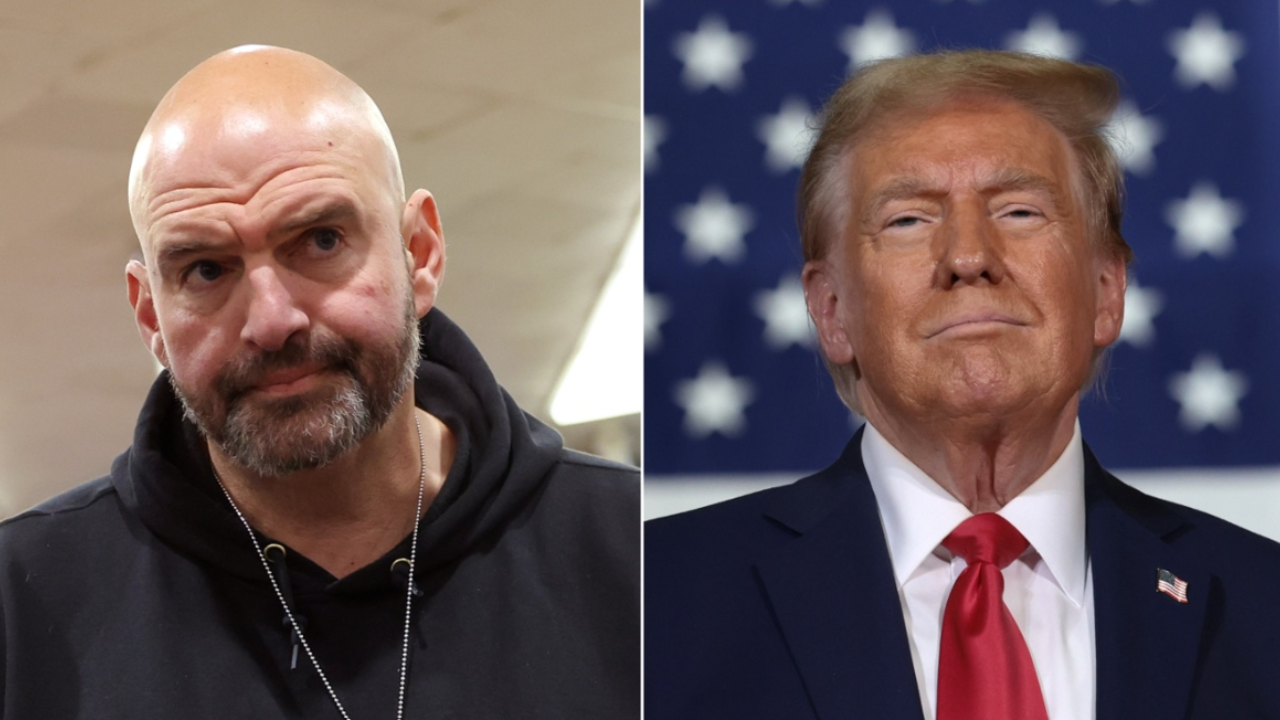From Where We Stand, at the Women’s Project.
Photo: Joan Marcus
Why do we gather in groups? More and more, we don’t. People are islands — watching TV, telecommuting, getting food delivered in, sending data out. Theater, though, is always made by a group of people for a group of people. Every show grapples with the difference between collective attention and individual focus, and theater-makers are particularly good at working through questions of how and why we do get together.
In three shows opening in New York this week, the production used its audience as a kind of character in the piece itself. All three are about the purpose of convocation: In Where We Stand, the ticket-buyers are ushered into what looks like a community meeting and plied with coffee to get us thinking like caucus-goers; in Darling Grenadine, we gradually realize our function as silent participants at a twelve-step meeting. And in Fragments, Lists & Lacunae, we are cast as students: When the onstage professor calls the roll, she includes some of our names too. It turns out, yes, we’re present.
The verse monologue Where We Stand has the most point-of-the-spear relevance of the three, since writer-performer Donnetta Lavinia Grays has written her interactive show to tease out how groups make decisions. Grays — known for acting in downtown shows like O, Earth and Men on Boats — is at her most Homeric here: She speaks her rhythmic, internally rhyming text with a rhapsode’s intensity, coming up frequently into the steep-banked auditorium to shake our hands. Grays (David Ryan Smith plays the part at some performances) speaks as an old, broken, nameless Man, who begins by pleading with the audience to show him mercy. Then the Man tells us the long, fable-inflected confession of what he’s done — his Faustian deal with the Devil has reduced “our” town to ruins — and we vote either for his exile or loving reintegration.
Where We Stand is experienced as a charismatic feat; in some magical way it feels as though Grays is reciting the entire play directly to you, while never breaking eye-contact. This drugging, bewildering quality comes from the contact-high great performance can give you, rather than the urgency of the folktale’s argument itself. In fact, I never did figure out what the allegory was for. Is the Man some kind of stand-in for Exxon? Or the disenfranchised? Or the Tea Party? Grays leaves us confused so that only one thing will be clear: A crowd will believe whatever a good speaker tells it. Give us a little humor and that King James cadence, and we’ll buy the store. I will say — transparency first — that I voted for forgiveness. An hour later, though, I started to think that I’d raised my hand for the Old Deceiver. One bad choice lasts forever; you can’t take back a vote.
The energy underneath Daniel Zaitchik’s musical Darling Grenadine is much less dangerous; here the audience, seated in a circle in the miniature Roundabout Underground, is cast in an entirely supportive role. We meet Harry (Adam Kantor), who begins by introducing himself and saying he feels awkward about all sorts of hello’s. His name, he says, is Harry (Hello, Harry) and he’s — no, he’s not quite ready to complete that sentence yet. What he is ready to show us is a flashback to a troubled love affair with Louise (Emily Walton), an understudy in a Broadway show, who’s eager for jingle-writing Harry to compose his own musical. Many things block his creativity and passions, though, particularly the flask in his tweed jacket pocket.
The two-and-a-half-hour production (directed by Michael Berresse) has the strange quality of a much-too-long show cut down to one merely too long. This editing process seems to have destabilized the tricky balance between detail and substance. For example, Harry has a dog named Paul and a brother Paul (Jay Armstrong Johnson), which has the flavor of the grandfathered-in detail. At some point, that may have mattered to the story and fit organically into the whole, but now it’s just a quirky decoration — mentioned and forgotten and needlessly confusing. Yet while Zaitchik’s book lacks rhythm and momentum, the conceit does boast its own gravity. Reframing the audience as members of a support group automatically changes the way we listen. We lean forward; we grant the sympathy such a show might otherwise have trouble eliciting.
Sympathy is comparatively cheap, though. How can a show make us really spend the coin of our intellect? There’s a reason they call it paying attention, and most of us are stingy customers. To this end, Fragments, Lists & Lacunae — starring the actual philosopher-theorist Judith Butler — takes its audience back to school. It’s a short run, only three days, but the lecture-performance has given me a reading list that’ll be with me for a few weeks. I tend to take a lot of notes at the theater, but here I was feeling the old, old panic of listening to my favorite college professor, one whose thoughts I couldn’t keep up with, and whose every word I wanted to write down.
The first slide Butler shows to us is familiar — the black-and-white “evolution” image in which a primate progresses from walking on all fours to striding erect, shoulders flung back, as Modern Man. Is this a list? Butler asks her students, three of whom sit onstage. Is it a story?
Well, first of all, it’s a fiction. Butler’s fame as a public intellectual and academic might make us believe that this lecture represents Butler’s own scholarship. But no — Butler, legendary for her writing on gender-as-performance, is acting, performing as a “professor” as she does rather more regularly at Berkeley. (Her not-an-actor awkwardness is utterly compelling onstage, almost a special effect.) The text belongs to scholar-professor-playwright Alexandra Chasin, who has spliced together her own fearsomely clever lectures with a comparatively clumsy student drama. This latter element we only perceive in glimpses. Director Zishan Ugurlu lets us see, via camera projection, what the onstage students are writing: They start out by taking notes, but their notebook margins soon fill up with their own interpersonal angst.
The lecture weaves together insights about poetry (where lacunae and spaces denote breath), list making (so full of hierarchy and exclusion) and the paradoxical relationships between fragments and meaning. Why do we assign so much importance to missing speech, like the gaps in Nixon’s tapes, official redactions, and the lost sections of Sappho’s poetry? Some of the connections seem specious — a student raises the question of dark matter, and a million scientists sigh — but for the most part, the lecture content feels like gasoline on a burning mind. Sure, the interpersonal interscenes aren’t particularly evocative, but the fix seems so simple. Delete them! Sometimes we need time as a group to just sit and be quiet and think for a minute. It’s terribly rare these days, but it’s a necessary space.
Where We Stand is at the Women’s Project through March 1.
Darling Grenadine is at the Roundabout Theatre Company’s Steinberg Center through March 15.
Fragments, Lists & Lacunae is at New York Live Arts through February 15.














